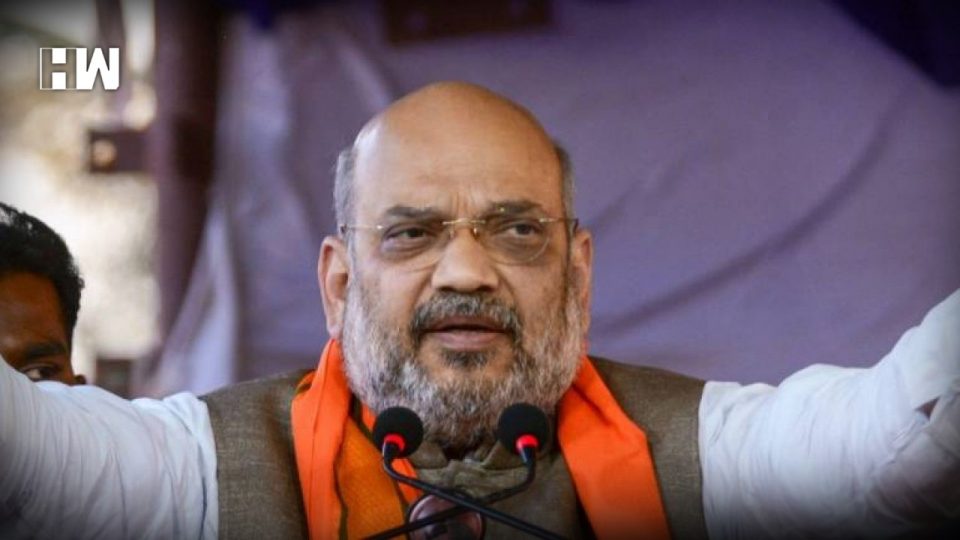New Delhi | The opposition in Lok Sabha on Tuesday accused the government of not consulting “stakeholders” before taking a decision on abrogating provisions of Article 370 which gives special status to Jammu and Kashmir, a charge rejected by treasury benches which said Parliament represents the will of the people.
Participating in the debate on the resolution for abrogating some provisions of Article 370, the Jammu and Kashmir Reorganisation Bill and the Jammu and Kashmir Reservation (Second Amendment) Bill, opposition members said the decisions should have been taken by the state legislature.
Intervening in the debate, Minister of State in the Prime Minister’s Office Jitendra Singh said Parliament represents 130 crore people. “Who could be a bigger stakeholder,” he shot back.
The Trinamool Congress walked out of House proceedings, saying it does not want to be a party to either supporting or opposing the move to abrogate provisions of Article 370 and the reorganisation draft law.
TMC leader Sudip Bandhyopadhyay said while the party supports the reservation bill, it opposes the motion on Article 370 and the reorganisation bill.
He said the government should have consulted leaders of various national parties before taking a decision.
The TMC also expressed concern over the reported detention of NC leaders Farooq Abdullah and Omar Abdullah and PDP leader Mehbooba Mufti.
Initiating the debate on the motions, Manish Tewari tried to trace the origins of Article 370 and said the then Maharaja of Jammu and Kashmir chose to accede with India.
However, there were some special provisions while joining the Union of India, he said.
Slamming the government, he said the government cannot change the boundaries of the state without consulting the Jammu and Kashmir assembly.
“This is travesty of the Constitution (savidhnaik trasti)”, Tewari said.
“This is not in the spirit of Parliament,” he said.
Jugal Kishore (BJP) asked whether states which do not enjoy special status under Article 370 are not developing. He said it was due to the special provision that industries are not coming up in the state as people cannot purchase land.
He said women from Kashmir, who marry outsiders, have to forego their rights on property and voting.
T R Baalu (DMK) said assembly elections in Jammu and Kashmir should have been held along with Lok Sabha polls.
He said even then the government should have got the resolution and the bill passed as it has a “brute” majority.
Baalu claimed that that by splitting the state into two union territories, two “municipalities” are being created.
“They would be looked into by two joint secretaries,” he said.
Intervening in the debate, Jitendra Singh said the then Jammu and Kashmir chief minister Sheikh Abdullah had described the constitutional provision as a “stumbling block” in the state’s development.
Then home minister Gulzarilal Nanda too had said in Lok Sabha that the sense of the House is to abrogate Article 370.
He had said the government needed time, Singh said.
The union minister accused then prime minister Jawaharlal Nehru of violating the collective responsibility of the Cabinet by interfering in the functioning of his home minister Vallabhbhai Patel.
He also accused Nehru of announcing unilateral ceasefire against Pakistan without taking his cabinet into confidence.
He said there would have been no Pakistan Occupied Kashmir had the ceasefire not taken place.
Raghurama Krishnam Raju of the YSR Congress hailed the government, saying Prime Minister Narendra Modi has fulfilled former Home Minister Sardar Patel’s dream.
Union minister Arvind Sawant, who is from the Shiv Sena, said the government had fulfilled the dream of his party’s founder Bal Thackeray.
BJD’s Pinaki Misra also supported the resolutions and bills on Jammu and Kashmir and said a historic error has been rectified.
But in a word of caution, he said, the decision on Article 370 is bound to be challenged sooner or later in the Supreme Court.
He also noted that the apex court in some of its orders had termed it as a permanent part of the Constitution.
Article 370 is in fact a temporary provision, he added.
As an independent media platform, we do not take advertisements from governments and corporate houses. It is you, our readers, who have supported us on our journey to do honest and unbiased journalism. Please contribute, so that we can continue to do the same in future.

